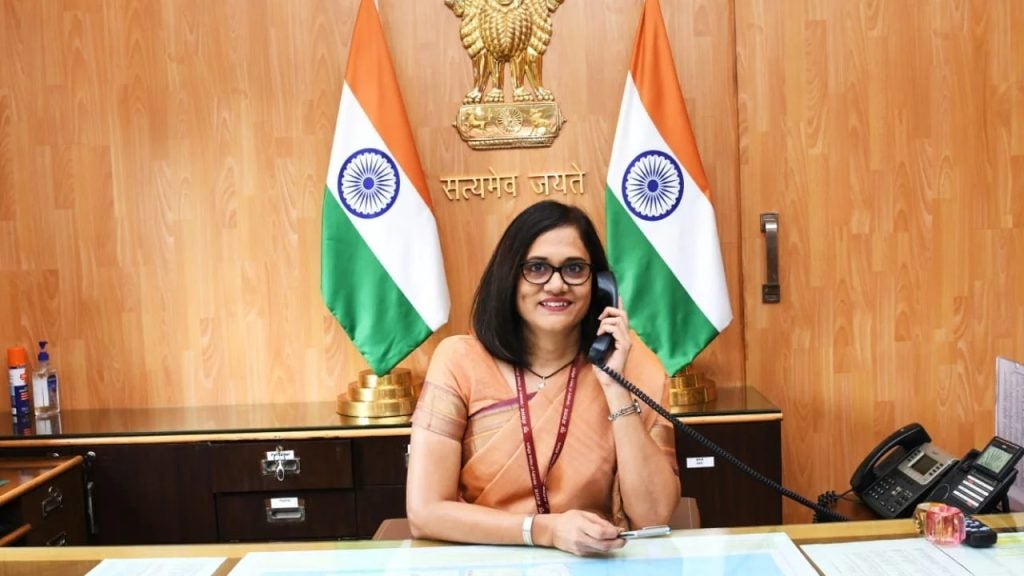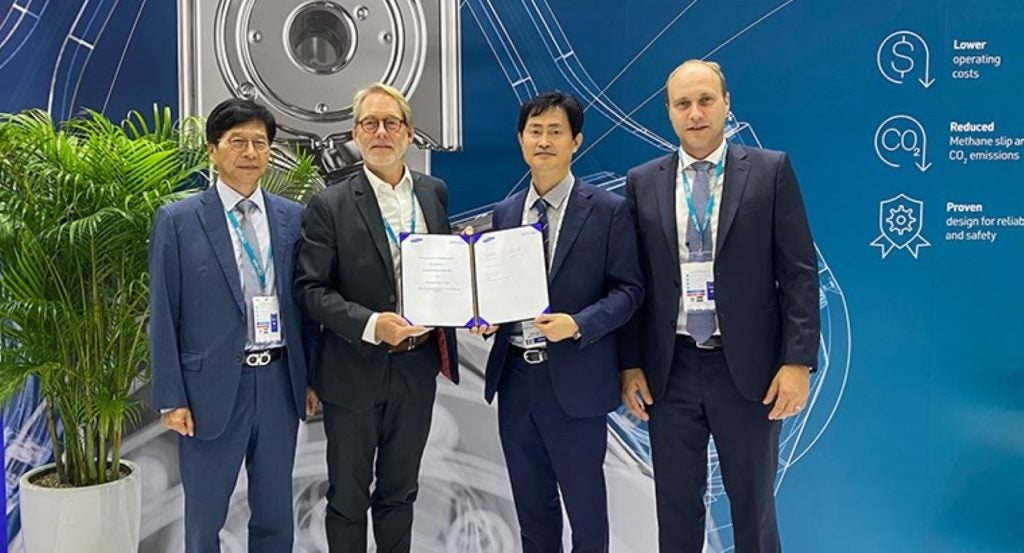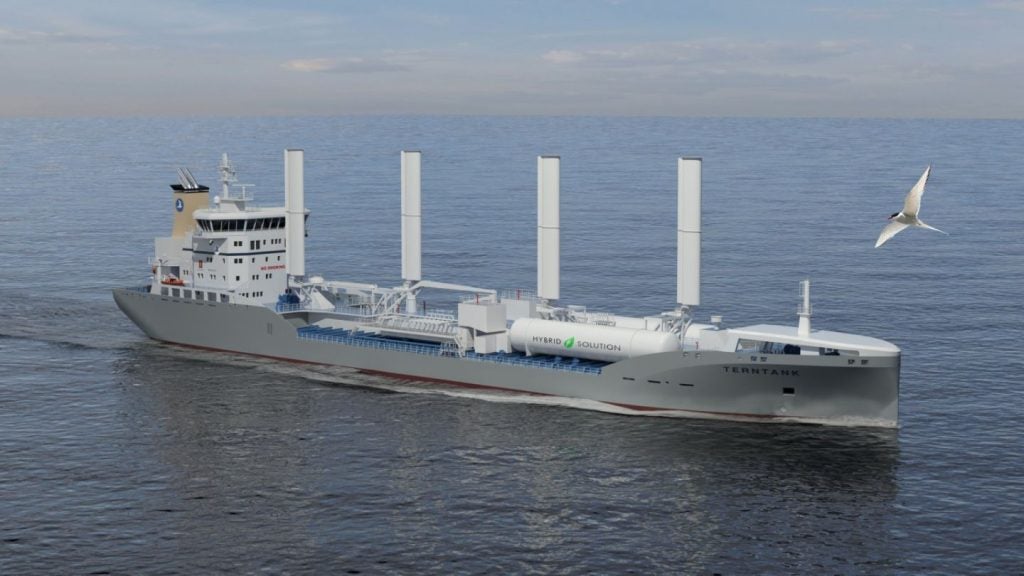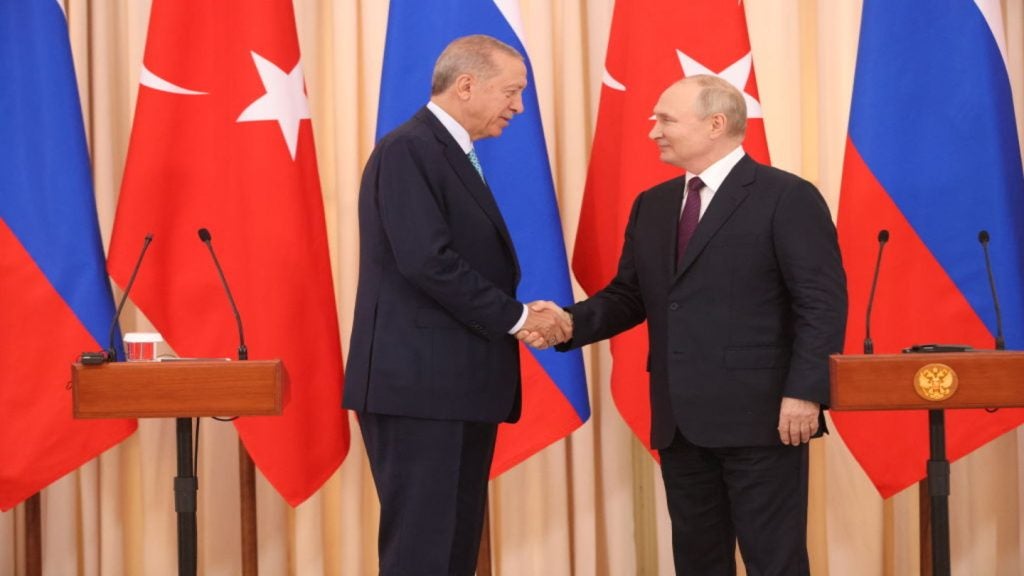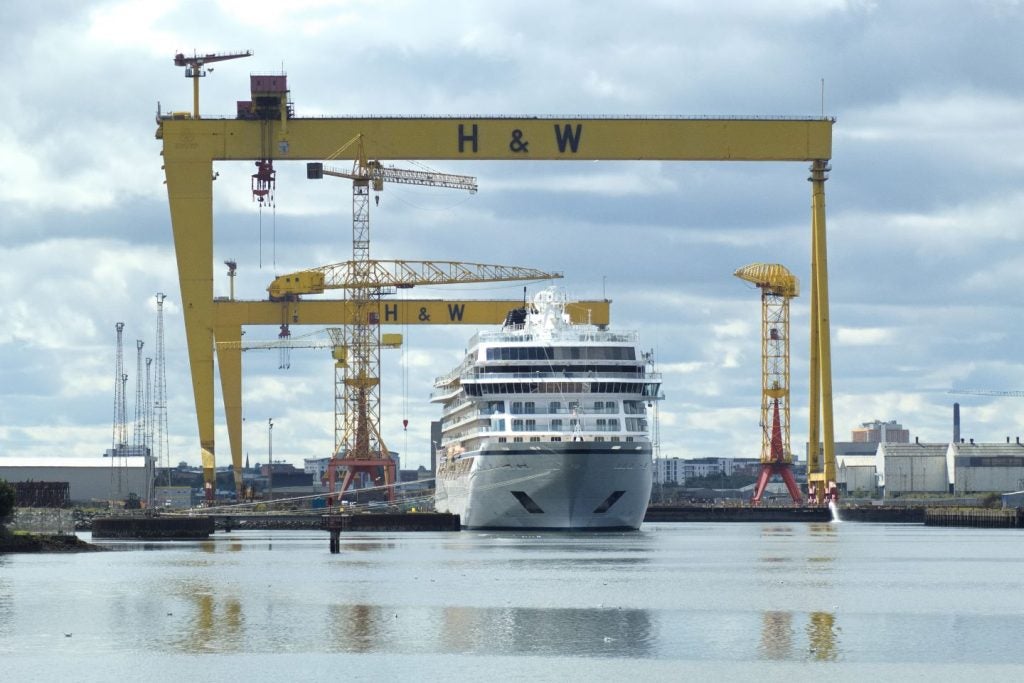Danish shipping company AP Moller-Maersk and Amazon have finalised an agreement to carry 20,000 FFE containers using green biofuel via Maersk's "ECO Delivery" maritime product offering from 2023 to 2024.
This partnership extends the relationship of scheduling container shipments using low greenhouse gas (GHG) fuel sources between both companies to four years.
The shipping company stated that this agreement will steer away from "compensatory" measures like offsetting and feature a new model that focuses on price certainty and stability.
According to Maersk, this partnership is set to save approximately 50 million pounds of coal from being burned with its biofuel replacement.
Amazon's VP of global transportation Adam Baker emphasised the company’s anticipation for this collaboration: “We’re proud to collaborate with Maersk, a Climate Pledge signatory and leader in shipping logistics, on actionable solutions to decarbonise maritime shipping.
"We’re excited to have containers on Maersk’s first methanol-enabled feeder vessel and to continue using their biofuel.”
Amazon is set to benefit from a new ECO Delivery product feature, according to Maersk, as this will permit the use of green methanol in addition to biodiesel as a second green fuel in the vessel fleet.
ECO Delivery uses primary data for fuel usage to report emissions savings with better precision, including additional GHG in addition to CO₂ and steers away from fossil fuel dependency.
A.P. Moller–Maersk North America president Narin Phol said: “Amazon’s record of securing sustainable shipping over the years, no matter the business climate, is a testament to its contributions to building a better future.
“We share a common goal with Amazon to reduce our total GHG emissions to net zero by 2040. As cosigners of the Climate Pledge, we must constantly create new opportunities to make this a decade of action. Decarbonising shipping is one significant step that is to be combined with many others to protect our future.”
The Climate Pledge which is co-funded by Amazon and Global Optimism, is a pledge to reach net-zero carbon emissions by 2040 and spans 38 countries across the world.




